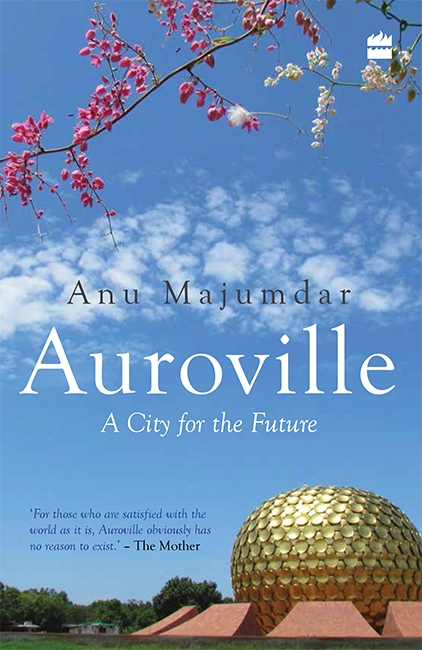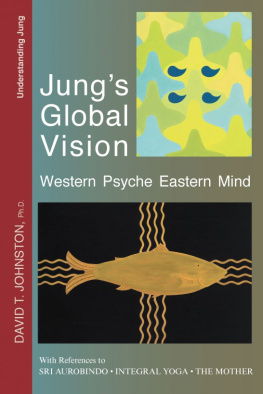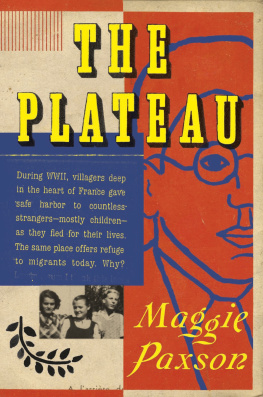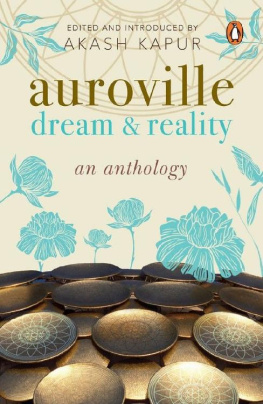Table of Contents

AUROVILLE
A City for the Future
ANU MAJUMDAR

CONTENTS
There should be somewhere upon earth a place
I n recent years Auroville has become synonymous with green living, sustainable practices and environmental work. While this is certainly and admirably true, it was not always so, for Auroville, heralded as the City of the Future at its birth is a far more complex and fascinating adventure.
I was asked to write my story as someone who has lived in Auroville for over thirty-five years. As an experiment that is at once personal and collective, it is natural that this book absorbs my story along with that of many others on a journey of change. Though a small place, Auroville is nevertheless, a rich and overflowing universe.
I was not interested in pursuing a historical account as such, but to explore the nature of Aurovilles origin. What compelled its existence? Why did it have to be a city at all and what kind of future does it hope to realize? Fifty years on, what has it realized and what lies ahead for this city named after Sri Aurobindo?
Except for a few instances, I have deliberately tracked this adventure through the lens of Sri Aurobindo and the Mother because Auroville is specific to their spiritual work and vision for the world.
Many things seem to have fallen off the map in the past decade or so, but as I sieved through material, new and old, it became evident that much of what we are missing now, particularly the city, still lies safe in Aurovilles original vision. It can still shake us all up and begs to be explored as human crisis peaks around the world.
While the story of Auroville can and will be told in many ways, now and in the future, it is not a ready-made utopia. Rather it is a future being tried and tested through lived human experience, full of difficulties and challenges, beauty and infinity, and through the many inner and outer transformations needed to create a future for humankind.
I have used the Auroville Charter to structure this book in four broad sections: consciousness, unending education, the city and human unity. The four sections are both chronological and cyclic, like the porous and overlapping zones of the city, each part percolating and synergizing its experience with the other.
There are some quirks however: Throughout, people are referred to by their first names, as they are in Auroville. I opted for this to retain a live flavour and multiplicity and a sense of how people relate to each other.
I would like to thank HarperCollins India for initiating Auroville: A City for the Future. It has taken long, nearly five years, a marathon of a book in some ways, but in the process it has overhauled and enriched my perception of Auroville and also helped me understand that this city is not limited by present mental, ideological or cultural trends, but is an anchor cast ahead for generations to come to an adventure of consciousness and joy.
I invite you to the great adventure. In this adventure you are not to repeat spiritually what others have done before you, because our adventure begins from beyond that stage. We are for a new creation, entirely new, carrying in it all the unforeseen, all risks, all hazardsa true adventure of which the goal is sure victory, but of which the way is unknown and has to be traced out step by step in the unexplored.
The Mother

Auroville belongs to nobody in particular. Auroville belongs to humanity as a whole.
But to live in Auroville one must be a willing servitor of the Divine Consciousness.
Charter of Auroville
But now the destined spot and hour were close;
Unknowing she had neared her nameless goal
Sri Aurobindo, Savitri, Book 5, Canto 1
I t began one afternoon in Pondicherry, just over a hundred years ago. On 29 March 1914, a French lady, thirty-six years of age, stepped out of her hotel still in her winter clothes, and made her way to No. 41, Rue Francois Martin. At that hour the streets of the little French colonial town were deserted. Two streets away, the Bay of Bengal lapped quietly against the shore. She had arrived in the morning, after three weeks of journeying across the sea, and news of their arrival had already been sent. She wanted to meet him alone.
She was Mirra Alfassa. He, Aurobindo Ghose, already known as Sri Aurobindo.
A few days prior to her departure from Paris, Mirra wrote in her diary: I turn towards the future what it holds in store for us I do not know
Mirra was leaving behind a whole other life in Paris, her social milieu and friends and the groups that she had started, like LIdee Nouvelle or The New Idea. Alexandra David-Neel, a member of the group, would recall those meetings and her friend in an interview:
We spent marvellous evenings together with friends, believing in a great future. At times we went to the Bois de Boulogne gardens, and watched the grasshopper-like early aeroplanes take off. I remember her elegance, her accomplishments, her intellect endowed with mystical tendencies. In spite of her great love and sweetness, in spite even of her inherent ease of making herself forgotten after achieving some noble deed, she couldnt manage to hide very well the tremendous force she bore within herself.
Already, Mirras eyes were trained on the future. Life was her concern, not a bunch of fanciful ideas. On board the Kaga Maru, her diary entries intensified as the ship headed east, across the Arabian Sea, to a destiny still uncertain, but there was no turning back any more. She was travelling with her husband, Paul Richard, a French lawyer and politician, on his way to contest elections in Pondicherry. Richard was also interested in philosophy, and during an earlier visit there in 1910, to campaign for a friend, Richard had met Sri Aurobindo. The meetings left him so impressed that he resolved to return with his partner, Mirra Alfassa, someone spiritually far more advanced than him, Richard would say.
It would take another four years for that journey to happen. Meanwhile, Mirra met Abdul-Bah, the spiritual leader of the Bahi movement, in Paris who recognized her spiritual capacity and even requested her to take over his followers after he was gone, but Mirra refused. Interestingly, some years later, when she met Tagore in Japan, the Nobel laureate invited her to take charge of his university in Shantiniketan. Again, Mirra refused. Her work lay elsewhere.
Spiritual experiences, however high, mystical or powerful, were no longer enough for her. Something further called, a work whose demands seemed much greater. Human life lay mired in the densest ignorance, suffering and injustice. If there was work to be done, surely it was to change all that, but with what power? Did anyone know? Had anyone tried? It led to another group in Paris that she called the Cosmique, for which she wrote a manifesto for the future. Its focus was realizing a progressive universal harmony in the world, possible only through an awakening of the inner divine. Its aim: to found an ideal society in a favourable spot on earth. Evidently, something was starting to whisper inside her already, like a faraway dream, somewhere upon earth, a place that would make a difference. She had embarked on a much further journey on board the Kaga Maru.
Richard, Mirras second husband, was in a sense her raft to a new destiny. She had married him in 1911, after he returned from India, well aware of his difficult and violent personality. Several years earlier she had separated from her first husband, the artist Henri Morisset, with whom she had a child. Like her, Morisset had been an art student under the great Gustave Moreau, and Mirra could count a number of well-known Impressionists among her friends. Of TurkishEgyptian parentage, but born in Paris, Mirra already inhabited many worlds.








